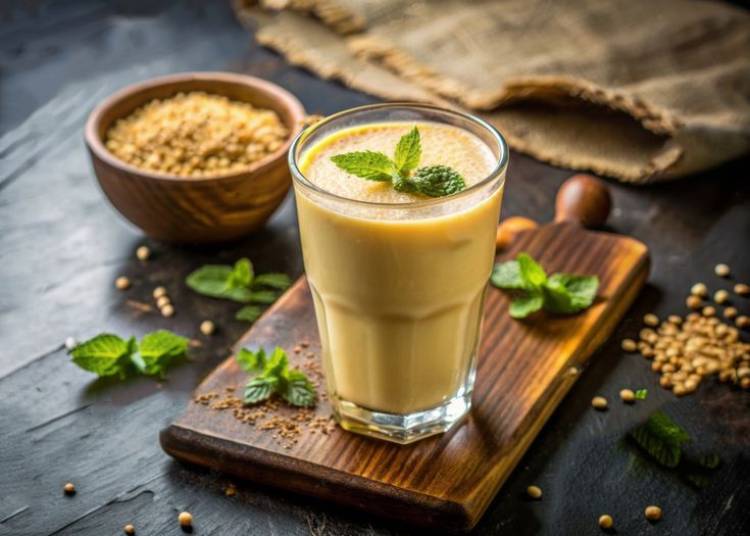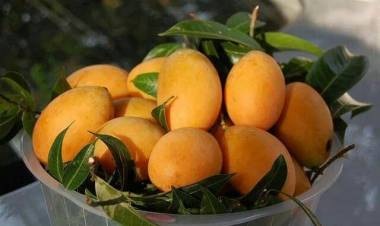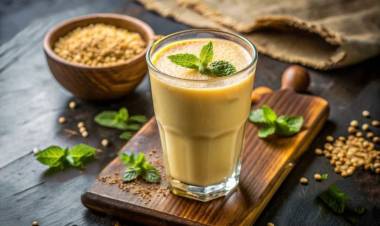Sattu: Bihar’s Superfood with Desi Power

In a world obsessed with protein shakes and imported supplements, sattu stands tall as a humble yet powerful superfood that is truly desi. This roasted gram flour, born from the soil of Bihar and Eastern India, has been feeding generations. It is more than just a source of nutrition; it is a symbol of simplicity, strength, and sustainability.
Sattu is made by dry-roasting Bengal gram (chana) and grinding it into a fine flour. The process keeps all the nutrients and makes it very light and easy to digest. In Bihar, sattu is more than just food; it’s a part of the culture. Whether it's a refreshing glass of salty sattu sharbat in the summer or the rich, ghee-drenched filling of litti, sattu is present in every household and season.
What makes sattu so special is its incredible nutritional profile. It's packed with plant-based protein, making it a great alternative for vegetarians. Just a couple tablespoons can keep you full and energized for hours, making it a perfect breakfast, midday meal, or post-workout recovery food. Sattu is also high in fiber, which supports digestion, cleanses the stomach, prevents constipation, and helps detoxify the body when consumed with lukewarm water on an empty stomach.
During hot summers, sattu is a real lifesaver. Its natural cooling properties help regulate body temperature and prevent heat stroke. In Bihar, a glass of chilled sattu sharbat with lemon, salt, and cumin is more than just a drink; it’s a summer ritual.
It also benefits people with diabetes or weight issues thanks to its low blood sugar index and ability to reduce hunger. If that weren't enough, sattu is loaded with iron, magnesium, and other essential minerals that promote healthy skin, boost energy levels, and nourish hair.
Sattu isn't just useful, it can be used in many ways. You can mix it with water and drink it, knead it into dough for parathas, use it as a face mask, or roll it with jaggery to make sweet energy balls. It’s gluten-free, too, making it perfect for people who avoid wheat or are sensitive to gluten.
Culturally, sattu is often referred to as the "poor man's protein," but its value goes way beyond cost. It has sustained farmers, laborers, schoolchildren, and professionals alike. In Bihar, it’s common to see roadside stalls serving sattu drinks, and these stalls are part of a long-standing tradition, not a modern invention.
In a world where we’re learning the value of local, clean, and whole foods again, sattu quietly reminds us that the future of food might lie in our past.
If you enjoyed and find it informative please do share and follow for more content.
Thank you!
- Team social mela



























Comments (0)